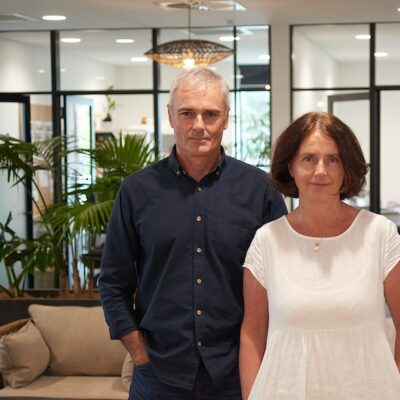Workers say employers falling short on protecting planet
More than two-thirds of Kiwi workers say their employers aren’t doing enough to care for the environment, with 19 percent confirming their employer could do more. Furthermore, 54 percent of […]
More than two-thirds of Kiwi workers say their employers aren’t doing enough to care for the environment, with 19 percent confirming their employer could do more.
Furthermore, 54 percent of workers saying none of their expectations are being met when it comes to their employer’s sustainability practices.
The Frog Recruitment poll surveyed 955 New Zealand workers about their employers’ environmental values and only 27 percent of workers said the company they worked for were going over and above to protect the environment.
While 40 percent of the workforce said it is very important ‘ or ‘important’ that their employer contributes to good environmental practices – up from 25 percent from another Frog Recruitment poll conducted last year – 60 percent of employees do not consider working for a sustainable workplace their top priority when evaluating their employer.
The under-25 workforce is relatively more concerned about their employers’ contribution to protecting the planet, with 32 percent agreeing their organisation’s green work practices are very important to them, 19 percent ranked them to be ‘important’, compared to 66 percent of workers over 49 who said their employer’s environmental contribution isn’t a priority to them.
Frog Recruitment Managing Director Shannon Barlow (pictured) said the poll results reveal that climate change is undoubtedly significant, but acknowledges other factors such as job security, the cost of living, work-life balance, and personal growth opportunities also weigh heavily on the minds of workers when it comes to their employment choices.
She says the poll reveals there is an opportunity for New Zealand businesses to meet their people’s green expectations.
“Our employees are not just our most valuable asset; they are also powerful advocates for change. The expectations of our workforce play a pivotal role in shaping our sustainability efforts.
“The poll tells us almost half of employers are not doing enough in the sustainability stakes. There are barriers to transitioning to a greener workplace – it’s expensive, there are compliance hurdles, many businesses have a short-term focus, some lack awareness, and, as the survey has shown, employees can resist change. However, it feels like we are coming to a tipping point.”
Barlow says being an employer that protects the environment will help to mitigate climate change, as well as deliver positive impacts on their business, their employees, and the wider community.
“Committing to environmental protection is vital to corporate social responsibility.”
She says as more consumers and investors prefer to support and invest in companies that are socially and environmentally responsible, employees are increasingly drawn to workplaces that prioritise and take pride in working for organisations that are looking after the planet and in a tight labour market, this is a competitive advantage.
“Environmental responsibility can drive employee attraction and retention as well as innovation. Developing and adopting sustainable practices can lead to new products, services, and processes that give your company a competitive edge in the marketplace.
“Prioritising environmental protection is not only ethically responsible but also makes good business sense. It can enhance your reputation, reduce costs, attract and retain talent, drive innovation, and position your company for long-term success in an increasingly environmentally conscious world.”
She said Frog Recruitment has recently committed to the Carbon Invoice programme as part of its transition to a Carbon Zero workplace.
“We are committed to playing a part in reducing our carbon footprint. Working towards being a Carbon Zero workplace benefits the environment but also fosters our people to be positive and engaged, it’s drawn in our suppliers to support us along the way, and there are cost savings to boot.”






